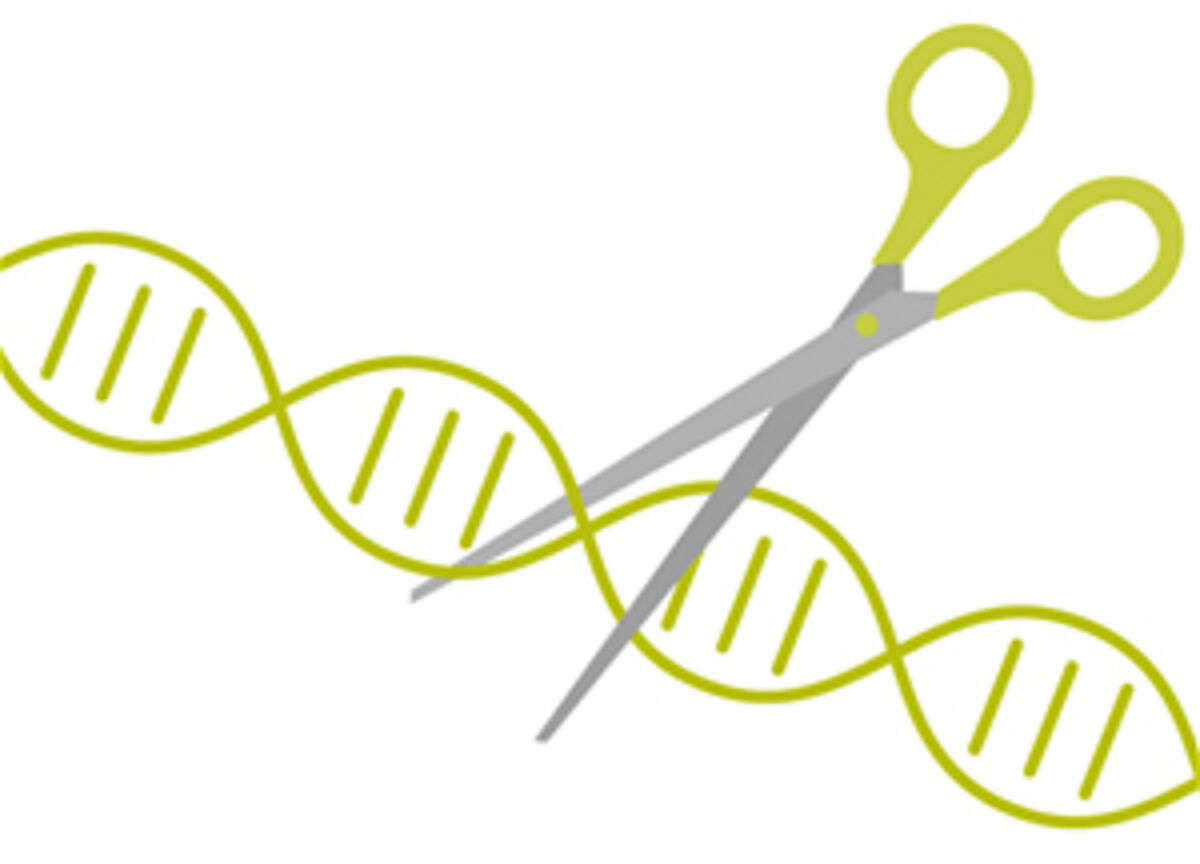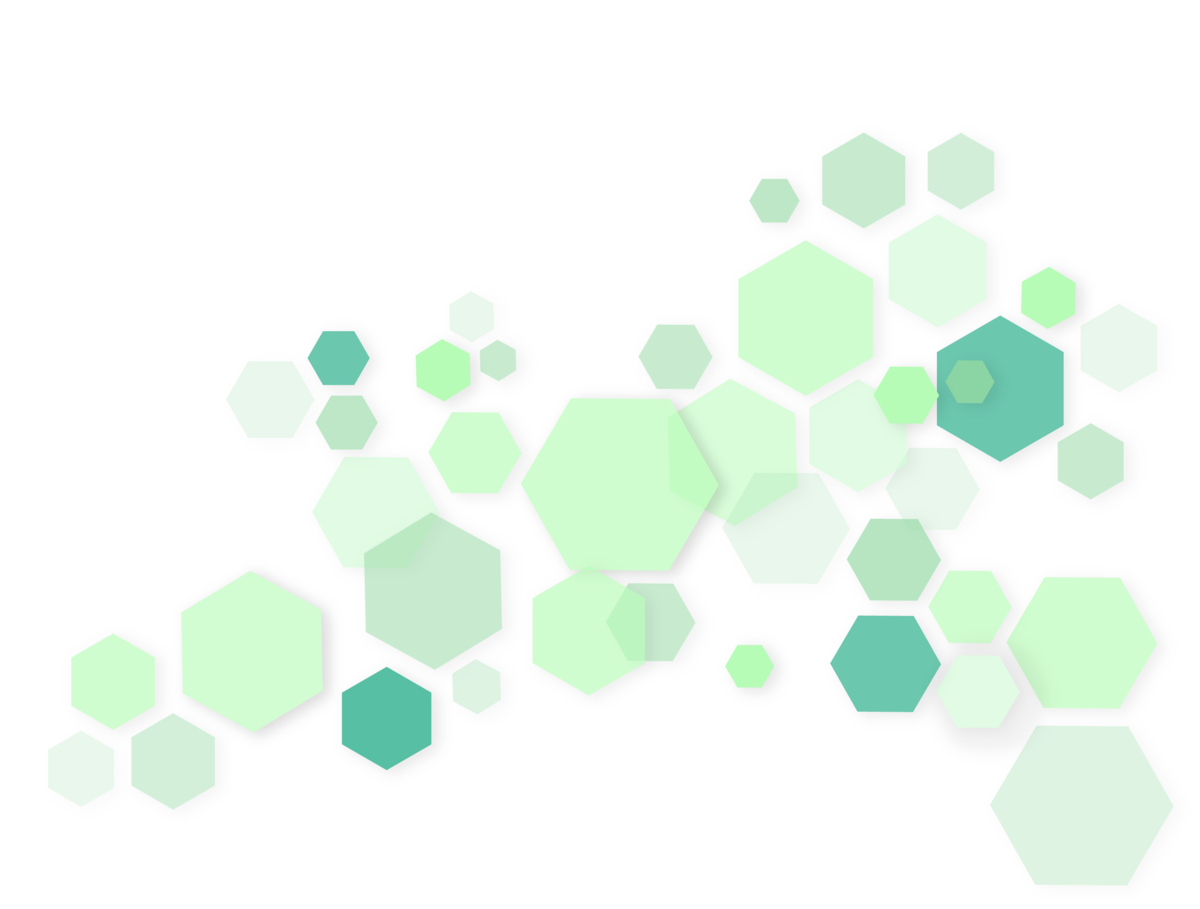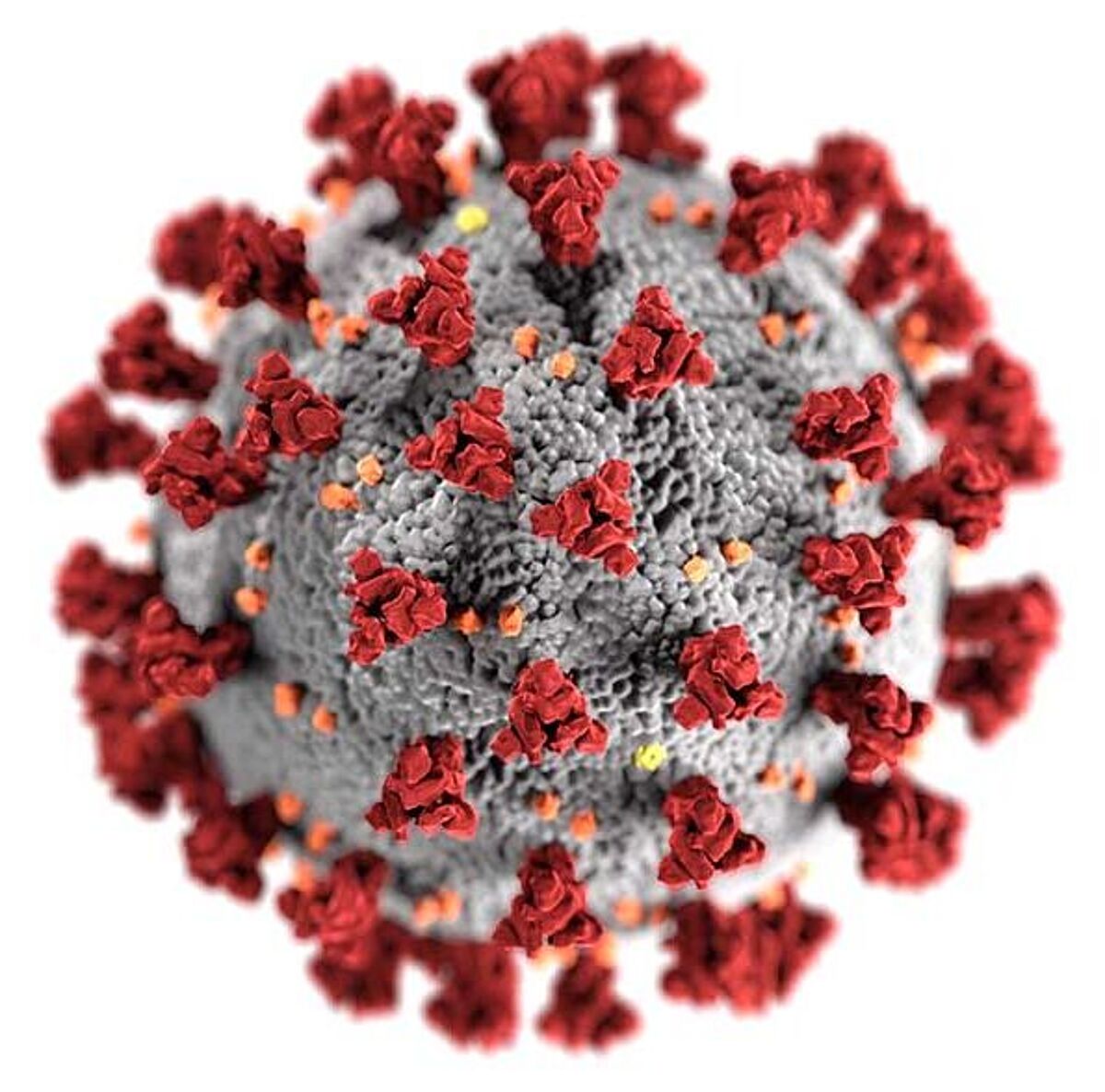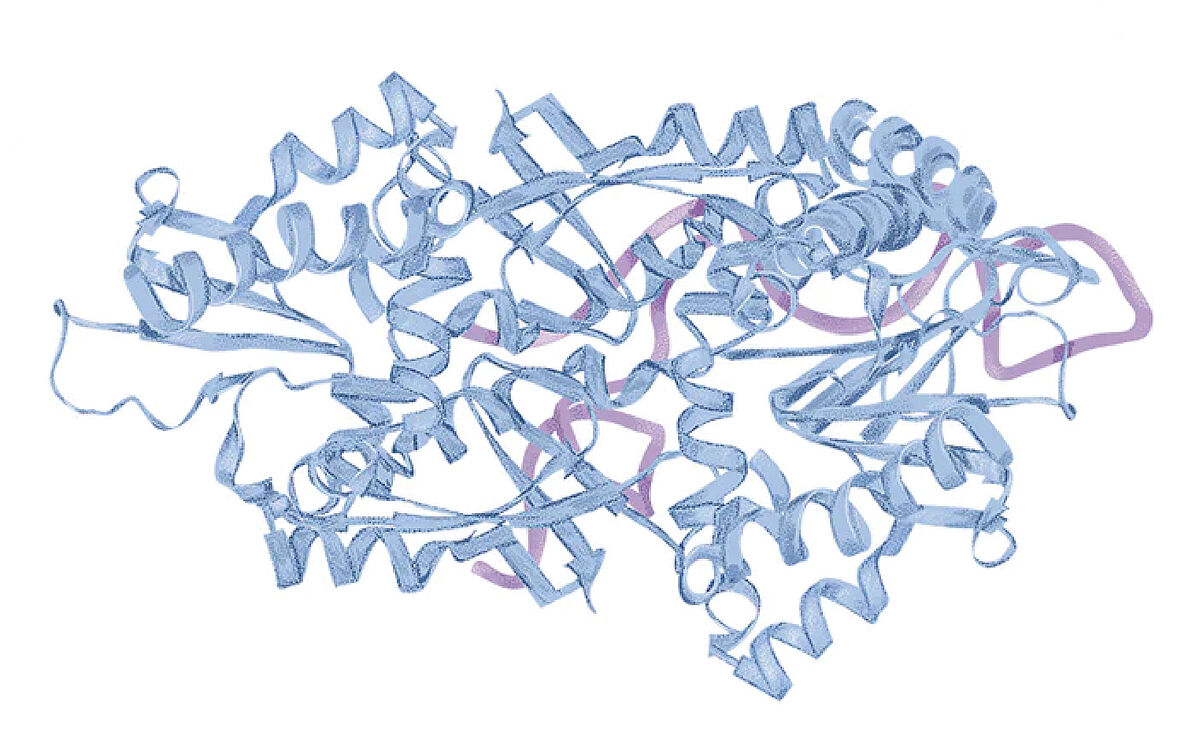Science is constantly evolving, and advances in technology provide new opportunities for discovery. Many cutting-edge life science innovations include the ability to sequence organism genetic codes, create genetically modified organisms, and use stem cells to regenerate organs and tissues. This has enabled us to develop more effective treatments and cures for diseases and illnesses, as well as vaccines.
CRISPR-Cas9 Gene Editing
One of the most talked-about innovations in recent years is CRISPR-Cas9 gene-editing technology. This revolutionary tool allows scientists to precisely modify DNA. This offers potential cures for genetic diseases, genetically modified organisms, and biotechnology advancements. CRISPR has opened the doors to an era of personalized medicine, where treatments are tailored to an individual's genetic makeup. This could lead to more effective vaccines and treatments for diseases, such as cancer.

The Genomic Revolution
At the heart of cutting-edge life sciences lies the genomic revolution. Genomic mapping and sequencing, including the human genome, has opened up unprecedented avenues for research and applications. Scientists can now explore the genetic basis of diseases, customize treatments, and even contemplate genetic engineering to eradicate hereditary disorders. This has also enabled early detection of diseases, allowing prompt intervention.
In the future, genomic research is expected to revolutionize other diseases' treatments, such as heart disease, diabetes, and cancer. This ensures enhanced efficacy and fewer side effects. This transformative approach promises to revolutionize healthcare in the coming years.
Synthetic Biology and Bioengineering
Synthetic biology and bioengineering represent another frontier of innovation in the life sciences. Scientists design custom-made biological systems and organisms for various purposes, from producing biofuels and sustainable materials to developing novel pharmaceuticals. With synthetic biology, scientists can manipulate genes to create organisms with distinct functions or properties that do not exist in nature.
Bioengineering, on the other hand, creates systems that use biological components, such as proteins, enzymes, and cells. Bioengineering also enables scientists to better understand how biological systems work and interact with each other. This information can be used to design new medical devices, therapies, and treatments that improve patient outcomes.

Precision Medicine and Biomarker Research
Precision medicine transforms healthcare. Through extensive biomarker research, scientists identify unique biological signatures that enable targeted therapies. This approach reduces side effects, improves treatment outcomes, and enhances patients' quality of life.
By identifying biomarkers, doctors can tailor treatments to the individual patient, rather than relying on a one-size-fits-all approach. As a result, precision medicine is becoming a standard in cancer treatment and is used to develop treatments for other diseases. Transforming healthcare and providing hope for millions of people.
Case Studies
One compelling example of cutting-edge life sciences innovation is mRNA vaccines. These vaccines, exemplified by COVID-19 vaccines, represent a triumph of molecular biology. They work by introducing a small piece of genetic material (mRNA) into the body, instructing cells to produce a harmless piece of the virus, which triggers an immune response. This approach has accelerated vaccine development but also holds promise for tackling other infectious diseases and even cancer.
As we move forward, it's vital to embrace these innovations with responsibility and ethical considerations. Through these cutting-edge innovations, it's essential to consider some best practices. Stay informed about the latest developments in the field, engage in ongoing learning, and support responsible research and applications.

Call to Action (CTA)

To continue this journey of discovery and exploration in the world of life sciences, stay engaged with reputable scientific sources like KACTUS, participate in discussions, and support responsible research. Your curiosity and involvement can contribute to the ongoing transformation of our understanding of life and the natural world.
Supplier

IDT - Integrated DNA Technologies
With over 30 years experience as a manufacturer, IDT offers innovative tools for NGS, CRISPR, qPCR and PCR. IDT offers superior quality DNA and RNA oligos, genes, gene fragments, Cas nucleases and more, with fast turnaround times!
About IDT Shop for IDT products

Kactus Biosystems
KACTUS is a biotech company that specializes in providing top-notch protein and enzyme products and customized services for a range of fields including antibody drug discovery, immunotherapy, gene therapy, and mRNA therapeutics.
